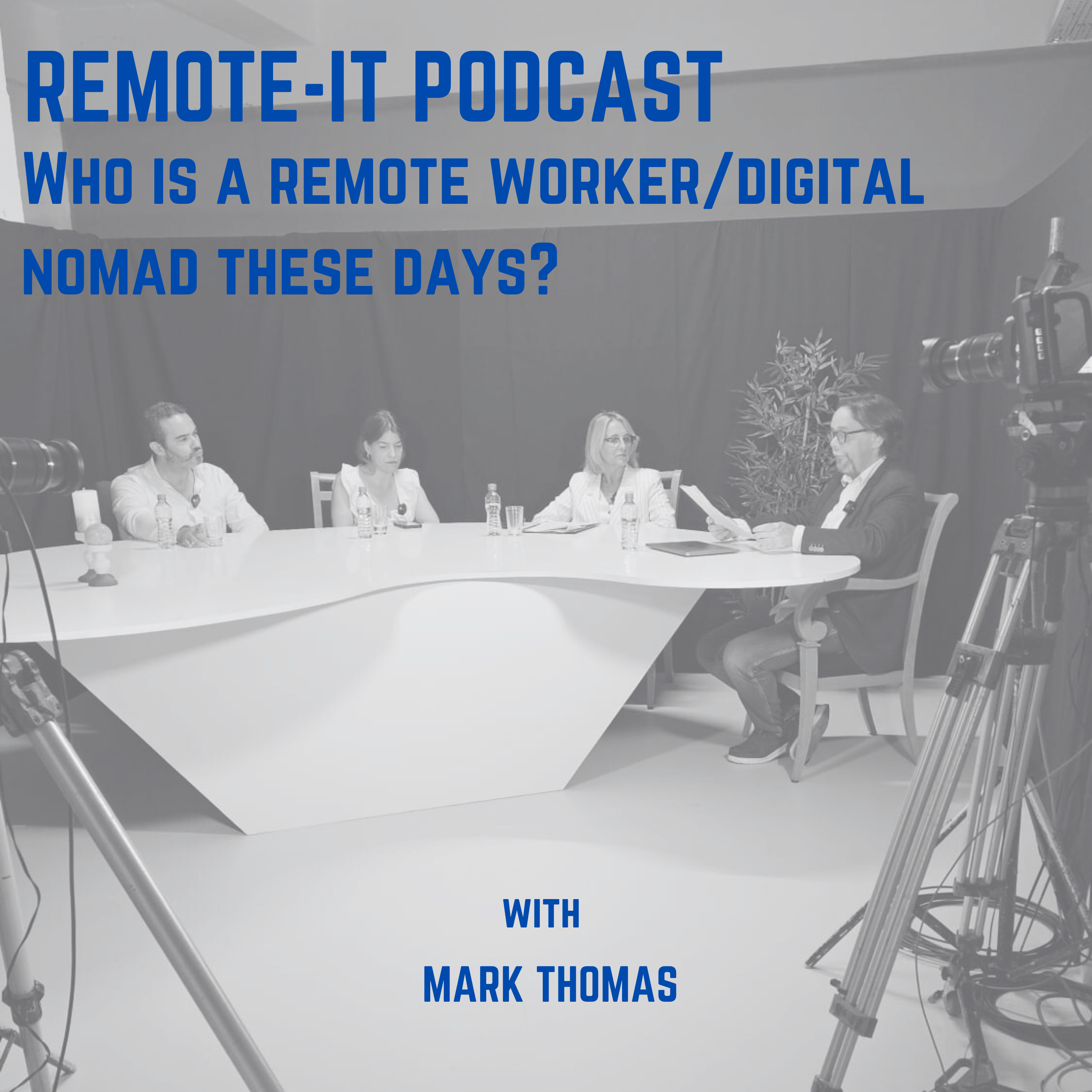What Can You Learn from This Episode?
Listeners will discover how the COVID-19 pandemic has acted as a catalyst for change in the perception of digital nomads, especially in destinations like Dubrovnik and Madeira. For Dubrovnik, the pandemic led to the launch of a project aimed at attracting digital nomads, which included hosting a conference and welcoming over a dozen nomads who provided valuable insights on how to tailor the destination to their needs. Meanwhile, Madeira’s Ponta Do Sol has emerged as a hot spot for digital nomads, creating conditions that accommodate a growing number of these workers—contacting as many as 70,000 nomads from over 100 countries during the pandemic.
Fast forward just four years, and Dubrovnik has become one of the world’s most sought-after locations for digital nomads, while Madeira's economy—particularly the real estate sector—is thriving as new digital nomads flock to this Atlantic paradise. However, the podcast does not shy away from addressing the challenges that come with this influx. As property prices soar, local economies may feel the strain, prompting Bárbara to express her "bitter-sweet" feelings about the phenomenon.
Jaime offers a unique perspective from Murcia, a city that has yet to fully experience the effects of digital nomadism. He argues that Murcia has the potential to be a prime location for remote workers, rivalling its more famous neighbours like Alicante and Malaga, while also being more affordable. Jaime emphasizes the importance of not only creating strategies to attract digital nomads but also promoting Murcia as a tourist destination.
A common theme discussed is how digital nomads can help fill the "winter tourism gap" in southern European cities, which enjoy mild and pleasant winters. Notably, statistics reveal that about 90% of digital nomads in Dubrovnik come from EU countries, with the majority visiting between October and May. But who exactly are these digital nomads? As the participants reflect on Dubrovnik's activities during the pandemic, they find that many are young freelancers seeking new experiences and adventure in their temporary homes. Most nomads hail from the IT sector, but also from marketing, web design, and even psychology—yes, you read that right!
Co-working spaces, another significant topic, are explored, highlighting their benefits. Participants conclude that a variety of co-working spaces is essential because remote workers are not all the same; they have different needs—some thrive in community settings, while others require quiet spaces to focus. Thus, when it comes to defining digital nomads and remote workers, a one-size-fits-all answer is elusive. Ultimately, it reflects the diversity of human experience and the varied interests and goals of individuals. While digital nomads may be particularly drawn to exploration, it’s clear that remote work is becoming a shared experience for many.
This podcast episode is a must-listen for anyone curious about the future of work, the dynamics of digital nomadism, and its implications for local communities.


